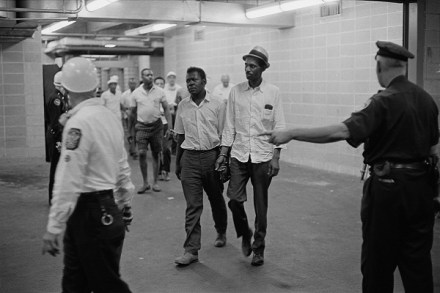The British invented the Olympics
Is there any chance that you might, at any point in the next three weeks, be talking to anyone? About anything, in any setting, for any length of time? Then you’d better get a copy of The British Olympics by Martin Polley. Because it won’t matter what the primary purpose of your conversation is supposed to be — you will, in addition, be obliged to talk Olympics. Just a given, I’m afraid. Accepting that, you may as well have something interesting to say. And Polley’s book narrates a very interesting story: the one of how Britain invented the modern Games. It’s especially good to have this story up your sleeve















